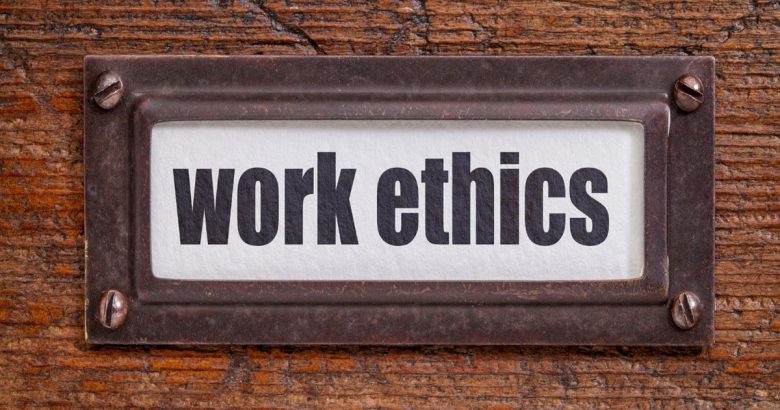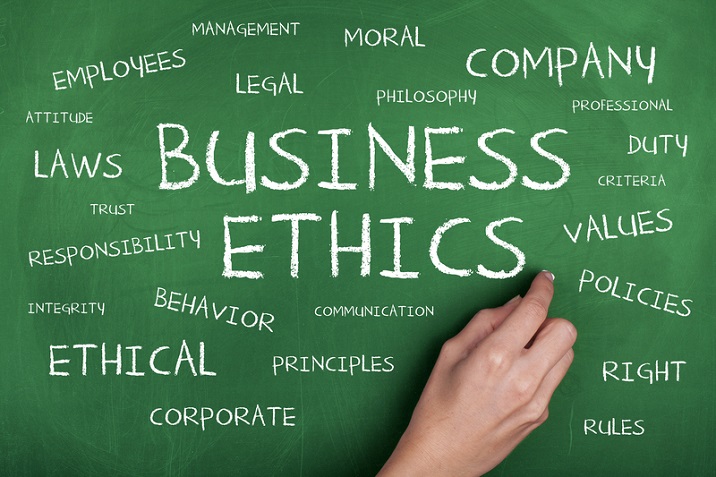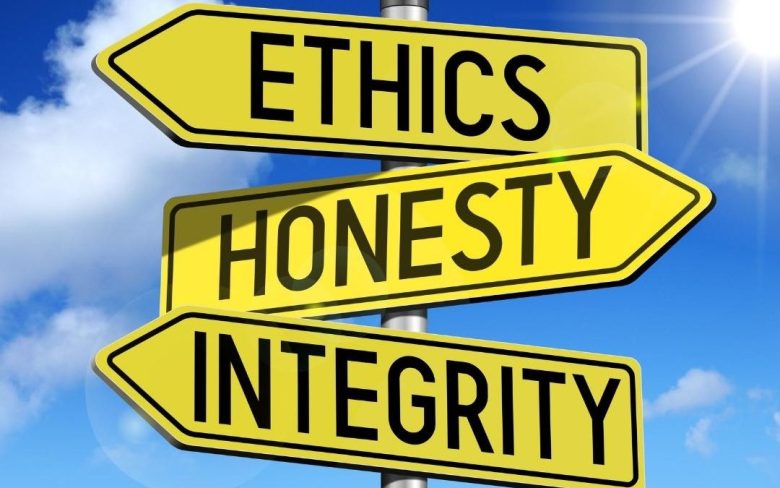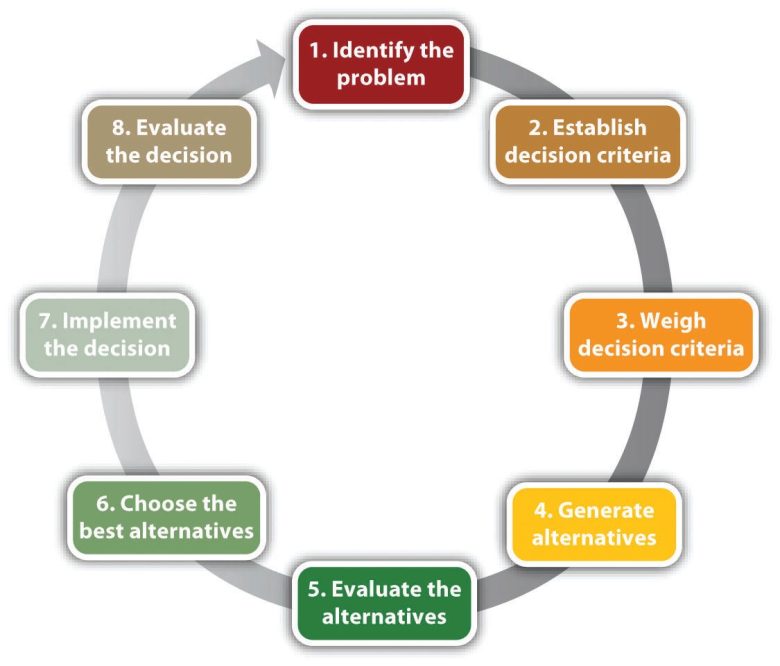A strong ethical foundation is essential to the success of any business. Yet, ethical violations in the workplace continue to be a problem. Unethical behavior can damage morale, productivity, and even the image of a company. It can range from subtle conflicts of interest to outright harassment. Whether intentional or unintentional, these violations make the …
Corporate Social Responsibility (CSR) is critical for organisations that want to make a difference in today’s rapidly changing business environment. Stakeholders value the impact companies have on society and the environment more than just profits. CSR is more than just compliance and charity; it also reflects an organisation’s beliefs and ethics. Consumers are more conscious …
While buzzwords like “diversity” and “inclusion” tend to be overused, they form parts of any productive workplace. Welcoming different cultures, views, and experiences in today’s globalized world is extremely important as it brings innovation and creativity, which are fundamental for success. But how do organizations encourage and support inclusivity? What steps do companies take to …
In today’s fast-paced economic world, ethics and law can sometimes get mixed up. Businesses need to be profitable and ethical. Business ethics dictate how you do business, while the law dictates what behaviour is acceptable. Navigating these waters is not easy, but entrepreneurs and leaders need to master the interactions between them. Businesses that violate …
In a world of informed, critical consumers, how a company communicates its beliefs can determine customer loyalty. Brands that want to build trust need to use ethical marketing, not just a term. Businesses are under pressure to open up, especially as social media promotes authenticity and accountability. This shift toward ethics is about connecting with …
Business ethics refer to the principles that businesses follow to operate fairly and transparently, adhering to consumer protection laws while avoiding deception. Business ethics involves striking an equilibrium between moral theories, legal frameworks, and practical business strategies in their operations. Begin your article with an engaging headline that immediately draws readers in and keeps them …
Sustainability and business ethics may seem like buzzwords; however, their importance in business has only grown over time. Sustainability refers to businesses’ recognition of their role within society, specifically that they must fulfill social, environmental, and economic responsibilities for long-term prosperity. 1. Boost Customer Loyalty Sustainability practices lead to improved profits, reduced costs, higher employee …
Ethical sourcing refers to when your company purchases its products from suppliers who abide by ethical standards, including treating workers fairly and limiting environmental impacts. Why does ethical sourcing matter? With consumers demanding more sustainably sourced goods, businesses must make ethical sourcing their top priority. 1. Environmental Sustainability As natural resources around the world are …
Workplace ethics involve being held responsible for one’s actions, acting openly, and upholding your values—aits that can be fostered through creating an inclusive company culture and employing effective leadership practices. Kouchaki and Isaac Smith assert that it’s vitally important for managers to provide ethical training that goes beyond simply outlining ethical dos and don’ts; such …
Assuming ethical decisions can be a challenging endeavor for even those of the highest integrity; even they can be affected by influences in their environment and upbringing. Just like any skill, ethics can be learned and practiced. This guide will help you comprehend and implement a system for making ethical decisions—one that takes into account …










